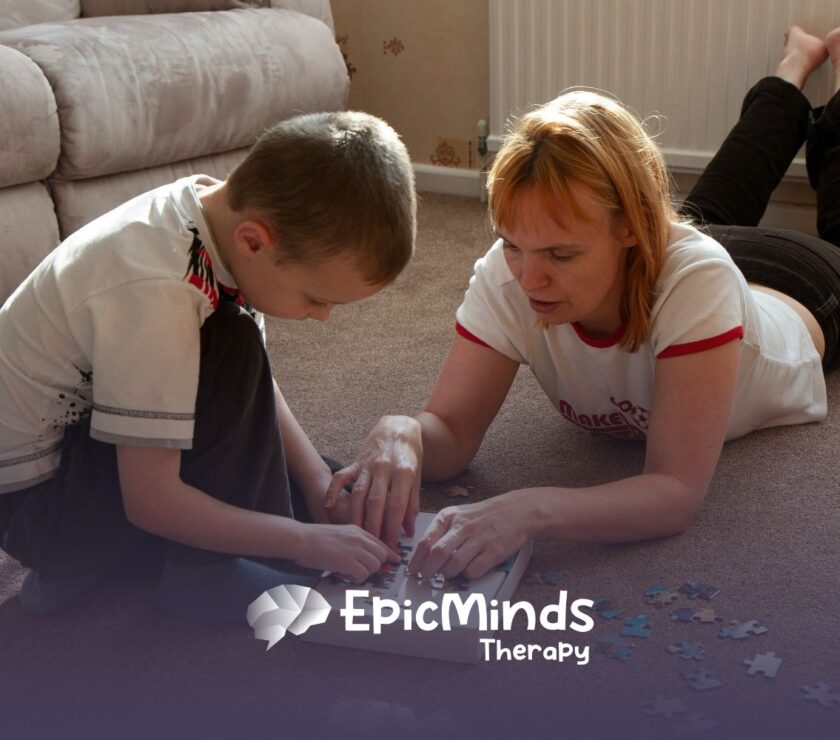The autism grief cycle refers to the range of emotions parents or caregivers may experience after their child is diagnosed with autism. It’s not about grieving the child, but rather the adjustment to new expectations and navigating an unfamiliar journey.
Much like traditional grief models, the autism grief cycle can include stages such as:
- Denial – Parents may struggle to accept the diagnosis, hoping their child will “grow out of it.”
- Anger or Frustration – Feelings of unfairness or confusion about the challenges their child faces.
- Bargaining – Searching for quick fixes or wondering if different choices would have changed the outcome.
- Sadness – Grieving the gap between initial expectations and the reality of the diagnosis.
- Acceptance – Embracing the child’s unique strengths and focusing on ways to support their growth.
It’s important to note that parents may cycle through these emotions at different times. Support from professionals, family, and community can make the process less overwhelming.
Looking for guidance?
At Epic Minds Therapy, we provide personalized ABA therapy in North Carolina to support children with autism and empower families.
Contact us today to learn how our ABA therapy services can help your family move forward with confidence.
SOURCES:
https://pmc.ncbi.nlm.nih.gov/articles/PMC6926999
https://www.europeanreview.org/wp/wp-content/uploads/7698-7708-1.pdf
https://www.adhd.com.au/autism/parental-grief-adaptation-asd
https://www.autism.org.uk/advice-and-guidance/topics/diagnosis/after-diagnosis/emotional-support-for-family-members-after-a-diagn
https://neurodivergentinsights.com/neurodivergent-grief
https://www.tandfonline.com/doi/abs/10.1080/20473869.2024.2387401




